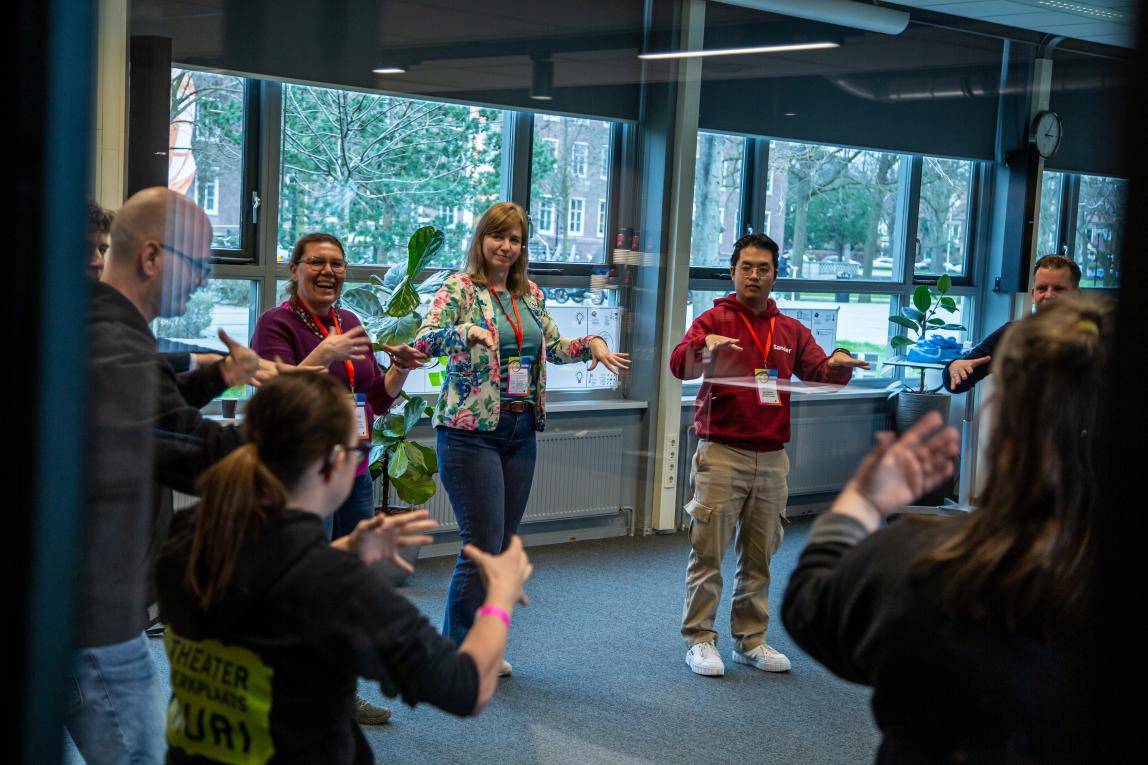
The theme of Inclusion: Together towards an inclusive society
01/17/2024 - 16:07
Lecturers Simon de Wijs and Peter Horsten are the editors of Uncover Magazine and organised the Future of Leisure Conference, together with three other universities of applied sciences, in 2022. They wrote an article about Inclusion during the conference and in leisure situations in general.